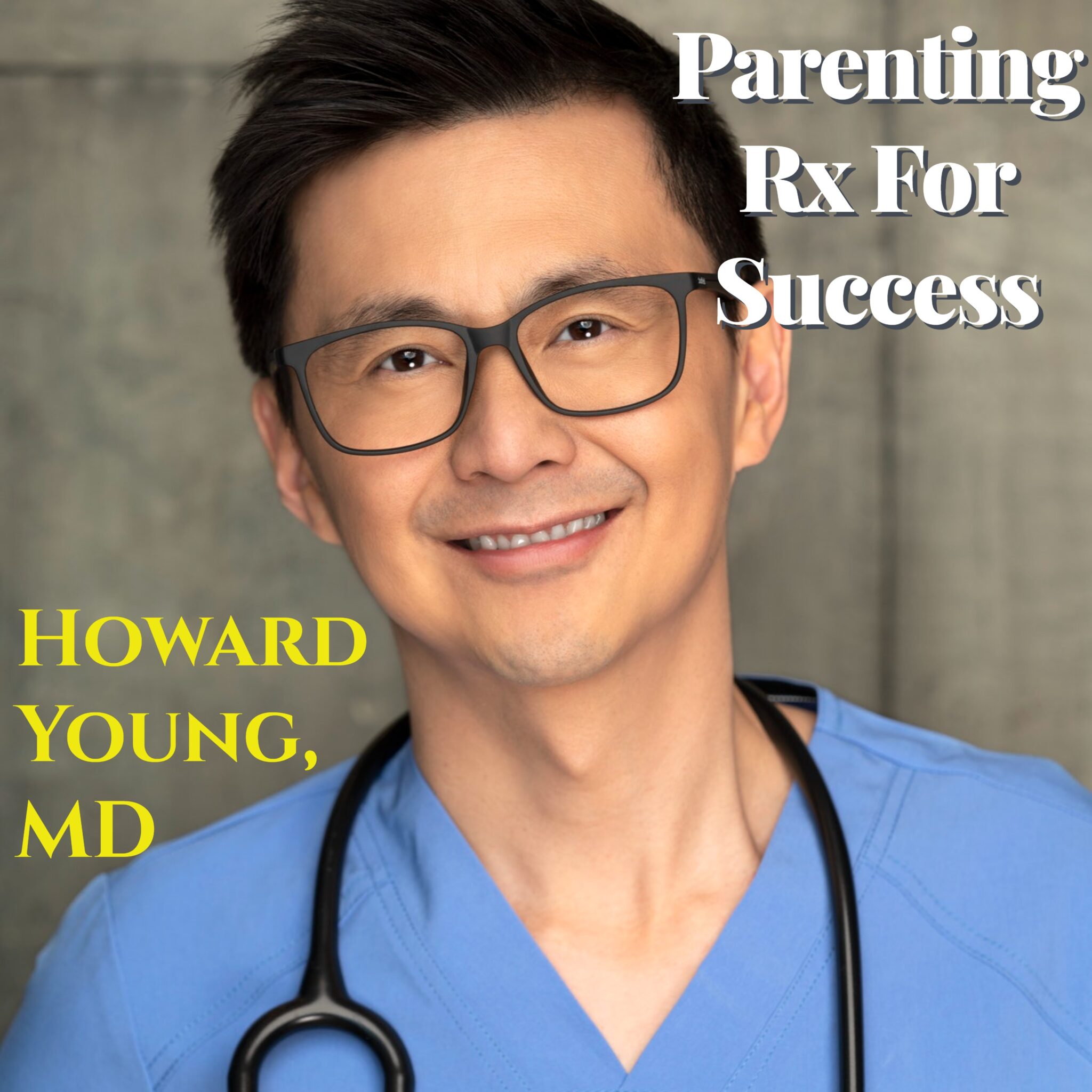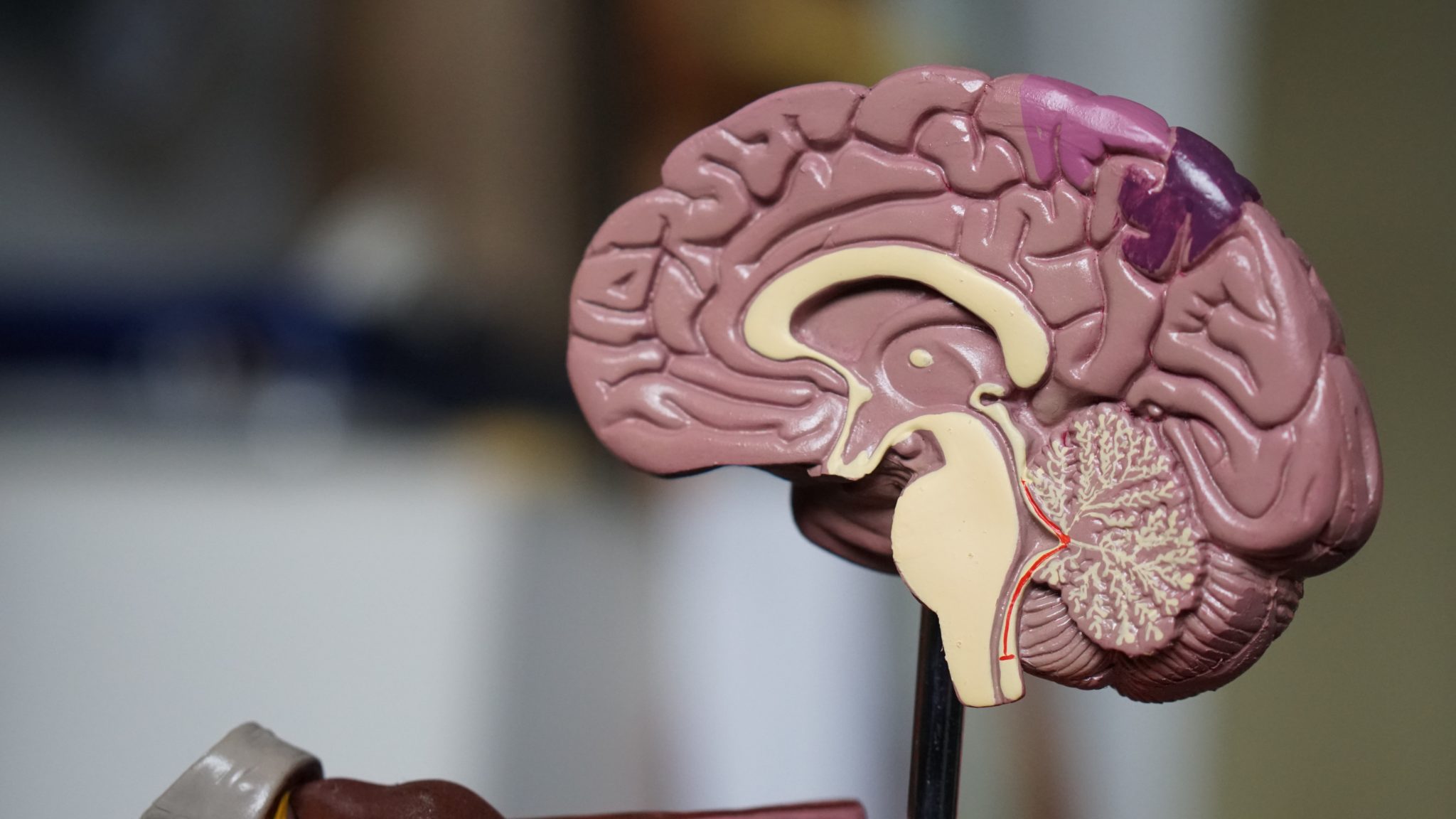Maximizing A Child’s Genetic Potential: Do’s and Don’ts
Nature vs Nurture: Stop Debating & Start Nurturing!
Maximizing the Child’s Genetic Potential: Educational Importance
Nature vs Nurture: We can debate endlessly about how much nature (our genetic code) versus nurture (our upbringing and environment) contribute to who we are as individuals. Multiple studies have not proven conclusive in terms of actual percentages and significance.
To Dr Dad, the difference is moot. When a patient comes to my practice with high blood pressure or high cholesterol, they often want to know “why” they have this problem. Often, it is multi-factorial: genetics, diet, lifestyle/exercise, age, etc. Once they move on past the causes they have no control of such as genetics and age, we can then truly help the patient with things we can control. We work on low fat, low salt diet and encourage appropriate exercise. Similarly, some kids are gifted with more genetic potential and learning comes easier to them. Some of the gifted kids become underachievers as they get bored easily or are not motivated. Some kids are average but work incredibly hard to maximize their potential and do better than their so-called gifted peers. We can’t control our IQ, but we can do our best to maximize what we do with it.

Critical window of learning
Don’t let “nature takes its course.” Harry Harlow’s famous monkey experiment shows that parental nurturing is vital to social and cognitive development. True, each one of us has a genetic DNA blueprint. That part we cannot control. What we can control is how closely we reach our true potential. We all have heard that we use only about 10% of our brain. Part of that has been reported to be a myth, as recent studies indicate that we may actually be using up to 35% of our brain’s capacity. Even at 35% usage, not maximizing our potential when we are young can be costly when we are older.
For example, why is it so incredibly hard to learn a new language as adults? Yet, children seem to pick up new languages without even trying. There is a reported window of opportunity or “critical period” between birth and approximately six years of age where children absorb language like a sponge. Why not take advantage of this period? The first 6-7 years of a child’s life is vital and likely will pave the foundation to their future accomplishments. Take advantage of that and do your best to maximize it.
Talk to your kids. Have back and forth dialogues. Correct them when their grammar is wrong or pronounce words incorrectly. Work on verbal expansion and continuously add words to their vocabulary. Why wait until later in life when they have said things wrong so many times that it becomes hard for them to correct? Read to them as often as you can. Never, ever underestimate how much you think they can learn! Otherwise, you will be the limiting factor in their potential.
Key Takeaway: Stop worrying about DNA and limiting factors; instead, believe in the incredible plasticity of your child’s developing brain and expose them to anything and everything possible to enhance their learning. Every bit counts! Every word counts! Every interaction counts, no matter how big or small.









